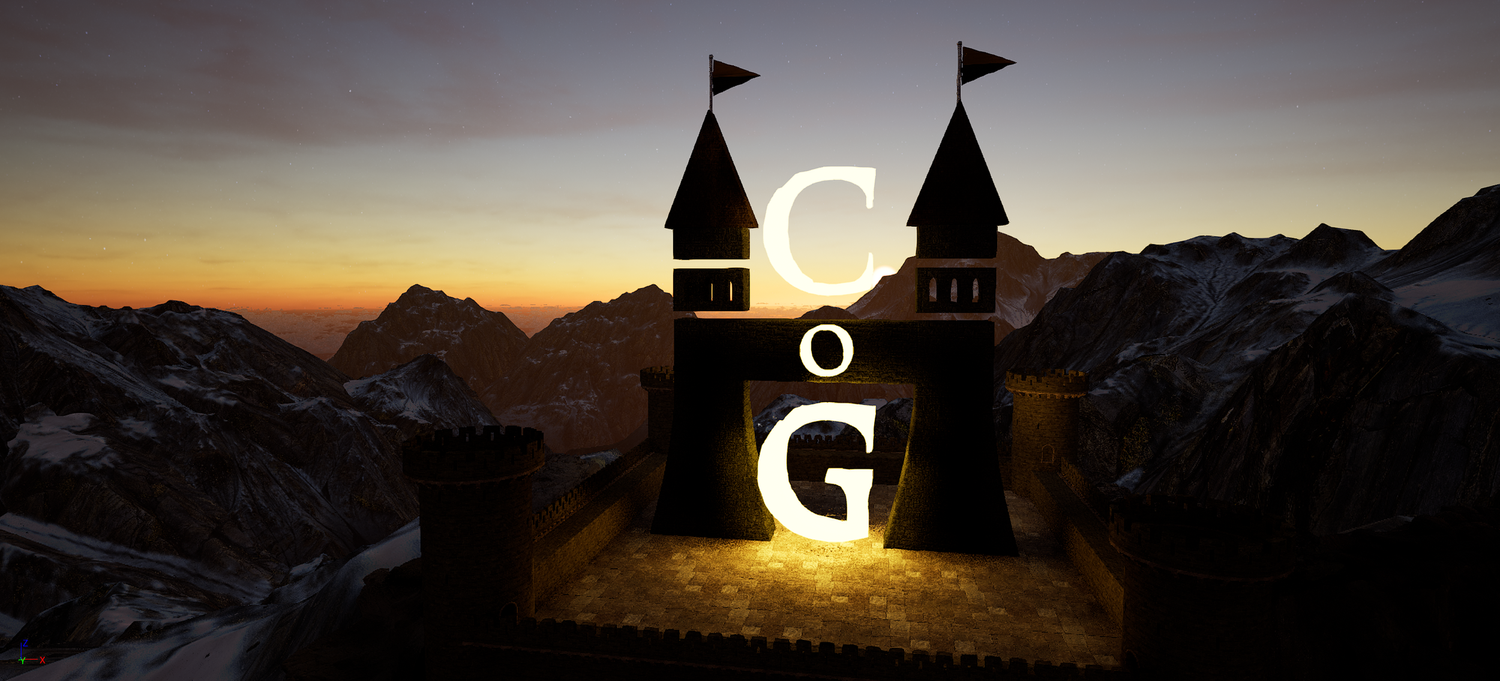On to bigger and better things
As a sort of follow up to the last post, things are hopefully going to get better from here. We're in the final month of the spring semester and what's a been a particularly challenging ear training course. Mostly this is because a significant portion of the class is focused on sight reading, solfege, and conducting. Ear training as a skill is very valuable to me, and I've already improved quite a bit in this course. That being said, I have no intention to conduct or use solfege with any regularity in the future. For that matter, I don't anticipate sight reading to be particularly necessary in my future as well.
Not that these aren't valuable skills, but I don't plan or hope to work in a scenario where I would need these with any regularity. I have no aspiration to be a session musician or work in a professional capacity where I have sheet music handed to me that I'm expected to be able to play on the spot. This is where I have a fundamental disconnect with the instructor and the course. He's very focused on those components as part of ear training. I understand how they're being used to reinforce the concept of intervals and getting these baked into your brain so they're second nature.
What I also know is that this program isn't necessary to acquire these skills. The musicians and songwriters I most admire were rarely trained within any formal program, and many of them know very little theory at all. Again, I don't disregard the skills, I just know that for the music to which I aspire these skills aren't typically involved at all. Artists like Steven Wilson or Tommy Emmanuel have said on numerous occasions that they know very little theory and certainly don't think of it when they write. That isn't to say they don't apply theoretical concepts, it just proves that you don't have to know those specific components to create amazing music.
Despite this, I have soaked up a bit of these skills along the way, but at least with conducting I'm still basically faking it just so I can pass the class. I know for sure that I've managed to write songs without thinking in these specific terms, although I do apply theoretical concepts to my works. This course has reinforced the value of ear training not only for my instrument but for singing as well. I plan to study more after this class, but I won't be pursuing programs that focus so heavily on those theoretical disciplines. I think I'll gradually soak up more sight reading because it does have some general value in learning new music as well as composition to a certain degree, but I'm not sure I will be forcing myself to get it down to instantaneous sight reading. My approach has been to use reading to learn a piece until it's memorized and usually just on the piano. I can read drum notation as well, but for guitar and bass I think tablature is superior if I really want to learn something quick.
